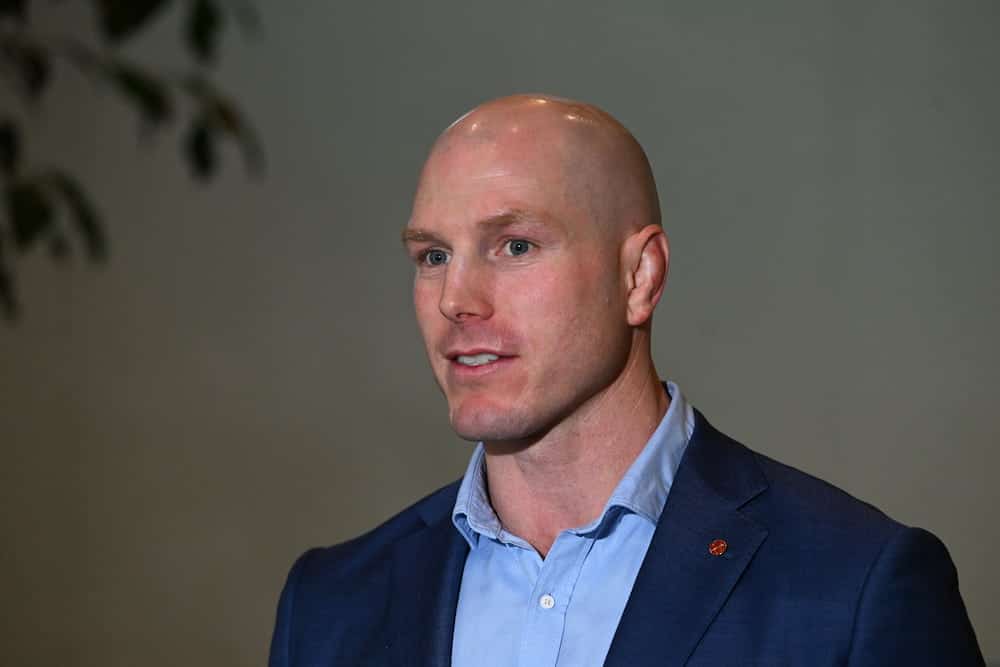Workers and small business owners might be left waiting for major changes to industrial relations laws, with crucial senators raising concerns about the speed of the process.
The proposed laws would require businesses to reach an agreement with employees wanting flexible hours.
They would also allow employees across more than one business to bargain together for better wages and working conditions.
The Albanese government wants the laws passed by Christmas but crossbench senators are worried that doesn’t allow enough time to scrutinise the changes.
Independent senator David Pocock has proposed passing the non-controversial elements of the bill and pumping the brakes on the more divisive proposals.
“It warrants more scrutiny,” Senator Pocock told reporters.
“To look through hundreds of pages and then to get out and consult with my community, I don’t think three weeks is enough.”
He suggested waving through making gender equity an objective of the Fair Work Act, establishing two new expert panels for the Fair Work Commission and banning pay secrecy clauses.
Independent senator Jacqui Lambie also criticised the timing of the bill.
“Getting this through before Christmas, I doubt very, very much,” she said.
“Right now, it seems to be seeing all the union side of it and not about small business and big business.”
Workplace Relations Minister Tony Burke said he respected the position put forward by the independents but wanted to get wages moving.
“With inflation moving at its current rate, I don’t see how I can deliberately hold back parts of the legislation that seek to get wages moving again,” he said.
“I’m hopeful to continue the good faith discussions with Senator Pocock and other crossbenchers and satisfy any concerns they have about the bill itself.”
Prime Minister Anthony Albanese said there had already been substantial consultations.
“We’ll have constructive discussions with anyone who’s willing to have them,” he said.
The government needs the support of one crossbench member alongside the Greens to pass the bill in the Senate.
By Dominic Giannini in Canberra



